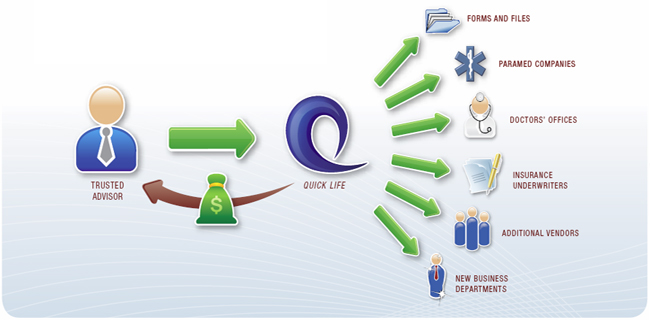
Reasons to Buy Life Insurance
Insurance can have other features besides a death benefit, however, which means there might be other good reasons to buy a policy. Some policies provide support for certain medical problems, such as cancer or paralysis. Permanent life insurance policies can serve as tax-advantaged savings vehicles through the accumulation of cash value.
Federal law prohibits insurance providers from selling policies on the basis of their cash value, although this almost certainly happens. This does not mean it is always a bad idea to buy insurance for its possible cash value accumulation. In some circumstances, cash value might accumulate money at a faster rate than other investments with less risk and more favorable legal ramifications.
Types of Life Insurance
Insurance is typically divided into two categories: term and whole life. This undersells the diversity of insurance products available to consumers since there are many different kinds of term insurance and many different kinds of permanent insurance.

Term insurance is designed to cover a specific set of possible events over a defined period. For example, a level term life insurance policy might offer $200,000 worth of coverage over 20 years and cost $20 per month until the end of the term. A beneficiary is named on the policy, and he receives the $200,000 if the insured party dies or is critically injured. For a 25-year-old individual with little debt and no dependent family, this kind of term life insurance is often unnecessary.

Decreasing term insurance is a useful option to cover a specific kind of financial liability, such as a mortgage. The face value of a decreasing term insurance policy declines over time, usually because the liability is expected to shrink over time, such as the mortgage being paid down. Even some individuals in their 20s can have insurable liabilities, which means there might be an argument for a decreasing term policy.
How Insurance Can Pay Off
A cash value that builds for decades can amount to hundreds of thousands of dollars in future tax-free income. This can be an important aspect of a comprehensive retirement plan, especially if you already plan on maxing out an IRA. This strategy only works if premiums are paid consistently; permanent life insurance policies lapse if the cash value gets too low, which leaves the policyholder without coverage.

Even if you cannot afford a permanent life insurance policy, most 20-somethings can receive very good term policies for very low costs, such as $200,000 to $300,000 in coverage for $15 to $20 a month in some cases. More importantly, some term policies can last for 20, 30 or 40 years; you could be covered at a very low cost throughout your entire working life.
Read more: Getting Life Insurance in Your 20s Pays Off | Investopedia https://www.investopedia.com/articles/personal-finance/100615/getting-life-insurance-your-20s-pays.asp#ixzz5GlMswMVW
Follow us: Investopedia on Facebook




ไม่มีความคิดเห็น:
แสดงความคิดเห็น